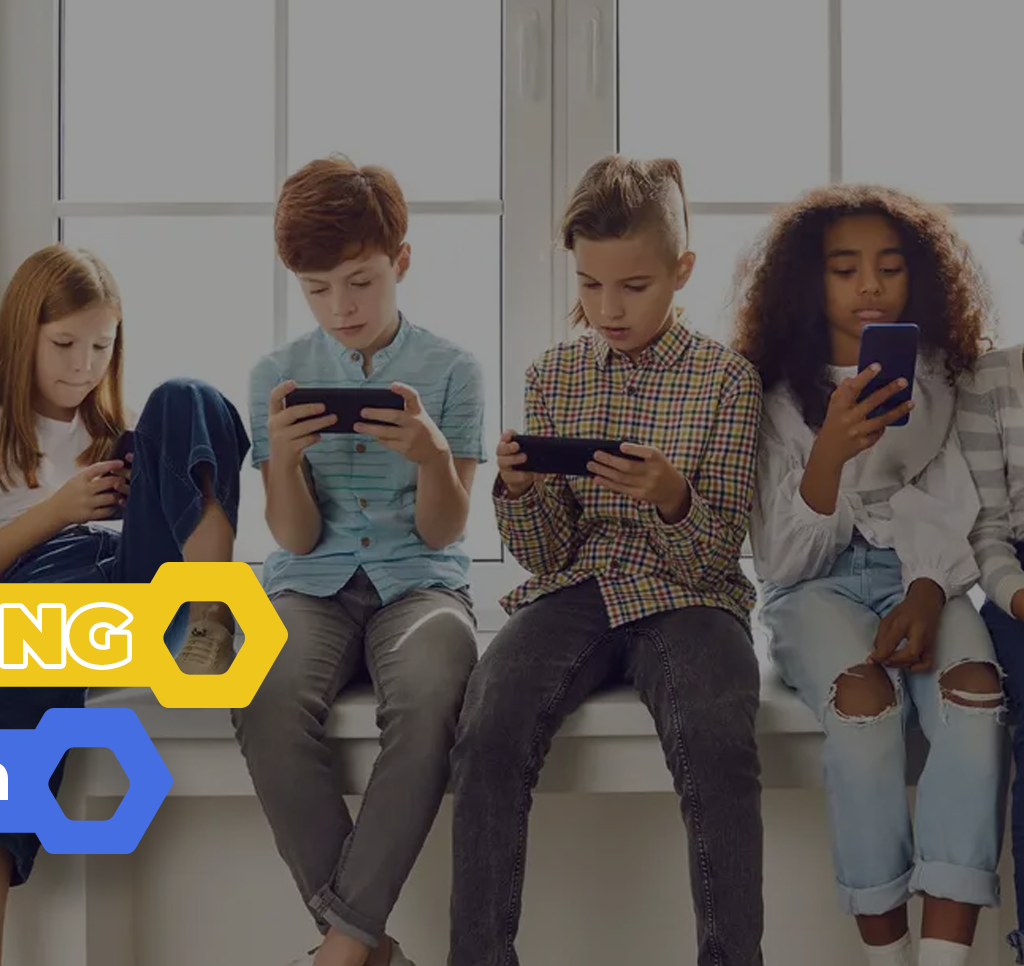Decoding Gen Alpha: How Their Psychology Demands Ways Of Learning in the Classroom

Today’s classrooms are a new generation of learners:
Generation Alpha, born between 2010 and the coming 2025. These digital natives have never known a world without smartphones, tablets, and constant internet connectivity. Their unique psychological makeup presents both challenges and opportunities for educators. Let’s delve into the psychology of these modern generations and how it affects their grasping power in the classroom.
Shorter Attention Spans and the Need for Engagement:
Gen Alpha is accustomed to rapid information intake through social media and fast-paced games. This can lead to shorter attention spans and a preference for interactive learning. Traditional lecture-style teaching may struggle to hold their focus. Incorporating technology strategically with short, engaging videos, interactive quizzes, and gamified learning experiences are the attention grabbers and reinforce concepts.
Strong Visual Learners
Growing up surrounded by screens has made Gen Alpha highly visual learners. Utilizing visuals like infographics, illustrations, and visual approximations of educational videos enhances their understanding. Leverage technology to create immersive learning experiences in the classroom.
Collaborative and Socially Aware:
Gen Alpha thrives in collaborative environments. Social media has fostered a strong sense of community, and they value working together towards common goals. Incorporating group projects and peer learning activities encourage healthy online discussions and responsible information-acquiring practices.
Self-Directed Learning and Personalizing Experiences:
Gen Alpha is comfortable navigating technology and finding information independently. They crave personalized learning experiences that cater to their interests and learning styles. Practicing the flipped classroom technique where students learn concepts independently and facilitate a collaborative environment to apply them practically.
Instant Gratification:
The constant dopamine rush from technology can lead to a desire for immediate results. This can translate to difficulty with long-term projects or delayed gratification in the classroom. Breaking down complex concepts into smaller, achievable tasks. Providing clear feedback mechanisms and rewarding small wins along the way can act as a key to unlocking students’ potential. Integrating project-based learning that allows students to see the real-world applications of their knowledge.
Understanding Gen Alpha’s psychology is key to unlocking their full potential. By embracing their unique learning styles and tailoring educational approaches accordingly, we can create classrooms that are engaging, and effective, and prepare them for the challenges and opportunities of the future.





